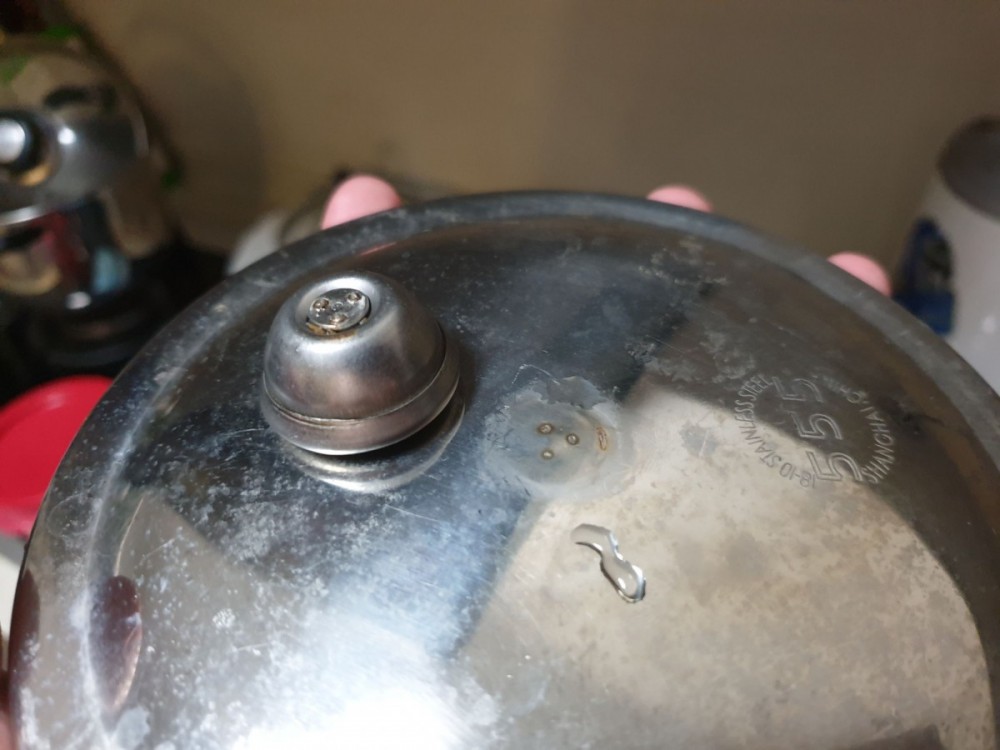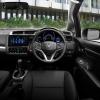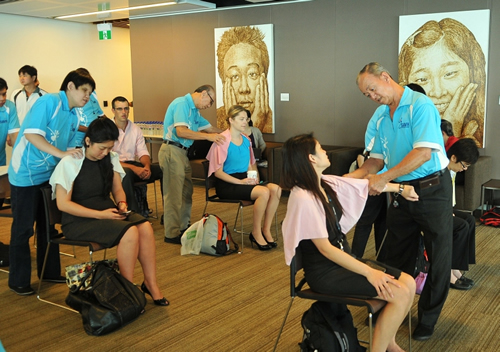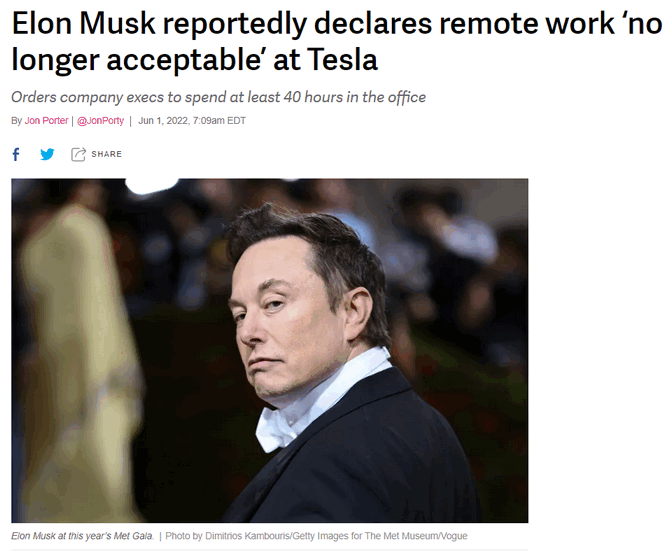Search the Community
Showing results for tags 'Home'.
-
Hi guys. Our home handyman adventures are sorta scattered all round the place in different threads. Maybe can lump here under something like makan thread. Don't think this belongs to plumber thread. So I start this off. My 555 ss water container. The lid handle fell off. Would an e...
-
Folks, My home aircon is >10 years old and it is noisy and also consuming a lot of electricity. Will like to seek some advice here on what is the best option for me. Currently I have a 5 split aircon, one blower in each bedroom and since my living room is big, it has 2 blowers. After doing some se...
- 1,879 replies
-
- 2
-

-
Covid has lasted a long time and many of us have not traveled. I hope to get my wife and maybe myself a treat, but we don't really want to go out, so I hope to get recommendations for good massages services that visit you, if they can provide some kind of spa or even hair treatment, please send...
-
Yo guys, Any idea where to buy affordable home appliances? Shifting house soon so was thinking of gathering good lobangs to save money. Any recommendations are appreciated. Thank you
- 59 replies
-
- affordable
- home
-
(and 1 more)
Tagged with:
-
How I cope with WFH (Working from home) So this is how I am coping with working from home. I am not the most diligent worker you have seen. But my motto is work smart don't work hard. So my job scope is smth like a dialysis machine. . . My boss will have something that needs to imp...
- 836 replies
-
- 21
-

-
.png)
-
Tech that detects falls to be offered to all HDB households after pilot at Queenstown Health District It is just one of many tools and systems being tested at the district, before deciding which can be implemented or installed in housing estates islandwide to improve residents’ quality of life....
-
A lot of illegal home breeders, just be careful https://www.straitstimes.com/singapore/couple-spent-over-60k-on-vet-bills-but-dog-died-anyway-and-they-had-to-sell-flat-to-settle-debt SINGAPORE – French bulldog Wangcai started life with a slew of chronic health issues. First-time dog o...
-
planning to do some minor renovation to my ageing flat, with the kitchen being one of the top priorities. anyone able to provide tips or experiences? i'm staying in an executive hdb in pasir ris so there's abit of kitchen space. what fittings did you guys used for your kitchen? blum / hafe...
- 187 replies
-
- Home
- renovation
-
(and 1 more)
Tagged with:
-
On concerns that flexi-work would result in more jobs offshoring, the Minister of State for Manpower said it was more important to make sure Singapore's workers stay globally competitive in skills and productivity. SINGAPORE: Employers with workers on flexible work arrangements have no basis to...
- 55 replies
-
- wfh
- work from home
- (and 11 more)
-
Need to change some lighting stuffs for the house. Any good electrician to recommend?
-
Dear All, Looking at adding a home air purifier and also a tap water purifier to my home. For the home purifier, was looking at Sharp Plasmacluster models and also Osim ILife while the tap water purifier I am looking at the Osim uPure. Anyone has reviews or other recommendations? Fo...
- 33 replies
-
- Recommendation
- Home
-
(and 3 more)
Tagged with:
-
So we have checklists for buying a new car, and why not one for a new home? I've consolidated what I have previously written here, so everyone can benefit and also contribute and some of the info comes from other bros. Before we even go into the list, there are some basic things to do: -...
- 88 replies
-
- 13
-

-
Hi, any recommendation? Looking to do for rooms, platform with storage kind. thanks
-
Hi guys looking to service my home aircon however, i am quite worried to engage the wrong guy as i do not know any. anyone had engage one which you highly recommend? Thanks
-
3 weeks ago, I decided to let my maid go for her first 'off' day after 8 months working with me. Before this off day, it was mutually agreed that we compensate her for not taking off. This time round, I encouraged her to go 'see' the world by allowing off days. Was supposed to be back at 6 pm. I...
-
Friends I was looking at home and fire insurance for my place and I found out some things: the fire insurance that the bank makes you take when you have a loan will pay the bank first so if there’s no money left you come out empty Second is there anyone in their MCST?...
-
A good option for patients who wish to pass away at home. Kudos to Dr. Tan and the medical team at NTFGH. If the option was presented to us during the last days of my late dad, we would have opt for it. Leaving ICU to die at home, surrounded by family and familiar comforts Mr Ho...
- 20 replies
-
- 24
-

-

-
Currently using the router provided by SH. Coverage is not very good and unable to receive any signal in MBR. Planning to get an android TV in MBR so gonna do something about the router. Router is in the living rm so any recommendation for router that is able to cover MBR? Saw quite a few Asus in Ch...
-
Anyone of you set up a home power back up? Can share what UPS you are using and/or what other power back up you using. Comments and feed backs on the pro and cons will be good. I am looking to set up something to back up power for my computer systems, including all the wireless syst...
-
- 154 replies
-
- 13
-
.png)
-
























